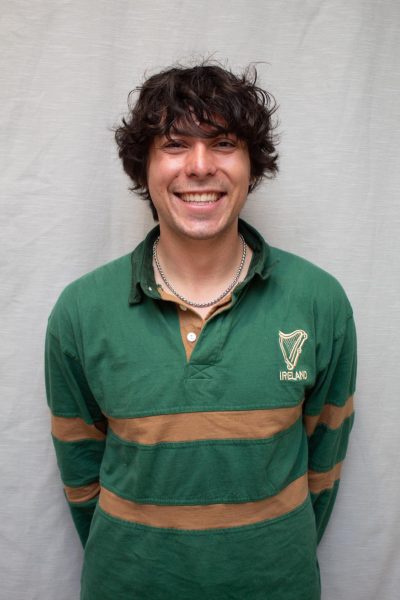The Chatham University faculty union effort withdrew its petition for union recognition. The move was prompted by concerns about a less union-friendly federal government following the outcome of the 2024 presidential election. The withdrawal ends the 10 months of National Labor Relations Board (NLRB) hearings to determine the faculty’s right to union recognition.
The NLRB regional director dismissed the case Nov. 25, effectively pausing the hearings. Nevertheless, the faculty plan to continue organizing to advocate for a role in shared governance.
Following a series of cuts and reorganization by the Chatham administration in 2023, the faculty began organizing under Chatham Faculty United (CFU), a union effort working with the American Federation of Teachers, Pennsylvania (AFT PA) to represent the Chatham faculty.
After 10 months of litigation and an unfair labor practice charge, AFT PA voluntarily withdrew its petition in the pending representation case. AFT PA also requested the case be dismissed and hearings canceled, according to an email sent to the whole University by the president’s office early Nov. 26.
While the decision to no longer pursue the representation case for now is a complex one that requires weighing many factors regarding the possibility of success, one factor stands out: the outcome of the 2024 presidential election.
According to Jennie Sweet-Cushman, associate professor of political science and a member of the faculty organizing committee, the possibility of a conservative-leaning NLRB under President-elect Donald Trump could prove too great an obstacle for union efforts.
“We [the faculty], in consultation with our attorneys, felt like it was too much of a risk for us to continue that way,” Sweet-Cushman said.
However, the choice to withdraw the NLRB representation case does not mean the end of labor organizing for Chatham faculty. Instead, it is a delay or pause in moving toward collective bargaining, according to Sweet-Cushman.
“I think it’s important to realize that what we were pursuing with this effort was collective bargaining rights and nothing about this decision precludes us from collective action,” she said. “Collective action is still a very powerful tool.”
While Sweet-Cushman was adamant that the faculty will continue to organize and advocate for the Chatham community, she expressed concern over the disadvantage of not having a union contract.
Despite uncertainty of what shared governance at Chatham will look like, Sweet-Cushman was hopeful that faculty participation in governance, even without a union contract, can work toward the betterment of Chatham.
“We’re hopeful that there may be something down the road, but recognize that without a collective bargaining agreement, there’s nothing enforceable about that,” she said.
Meanwhile, the University considers the development a return to an already established system of shared governance that furthers the best interests of the entire University community.
“This development now creates a welcome opportunity for us all to work together through the University’s shared governance system for the betterment of Chatham’s mission, students and employees,” according to the Nov. 26 email from the president’s office.
The Communiqué contacted Bill Campbell, vice president of marketing and communications, for comment on the developments but did not receive a response by the time of publication.
Update: After publication, Bill Campbell stated in an email that at this time, the University is not commenting in any media outside of the President’s and Board Chair’s statement issued to the campus.




